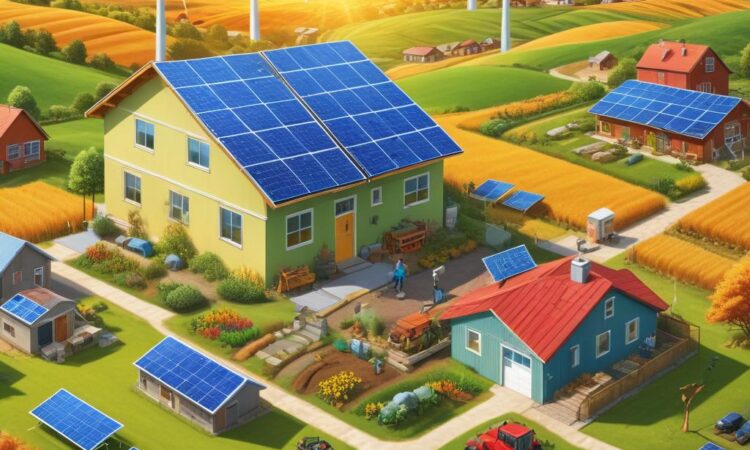Sustainable Energy and Resource Management: A Critical Need
The need for sustainable energy sources and resource management is becoming increasingly critical. As our planet faces the pressing challenges of climate change and resource depletion, transitioning to a sustainable model for energy production and resource consumption is no longer a choice, but a necessity. This comprehensive exploration delves into the multifaceted realm of sustainable energy and resource management, encompassing research on renewable energy technologies, energy efficiency, and sustainable agriculture.
The Urgent Call for Sustainable Energy
The world’s reliance on fossil fuels has had devastating consequences for the environment. The burning of coal, oil, and natural gas releases harmful greenhouse gases into the atmosphere, contributing to global warming and its associated extreme weather events. Furthermore, these finite resources are being depleted at an alarming rate, threatening future energy security. Sustainable energy sources offer a viable alternative, providing clean and renewable energy while mitigating climate change and ensuring long-term energy sustainability.
Exploring Renewable Energy Technologies
The development and implementation of renewable energy technologies are crucial to transitioning to a sustainable energy future. These technologies harness natural resources like sunlight, wind, water, and geothermal heat to generate electricity. Solar energy, for instance, utilizes photovoltaic cells to convert sunlight into electricity, providing a clean and readily available source of energy. Wind energy, on the other hand, harnesses the kinetic energy of wind through turbines to generate electricity. Hydropower, a well-established technology, utilizes the flow of water to generate electricity, offering a reliable and sustainable source of energy. Geothermal energy taps into the Earth’s internal heat to produce electricity, providing a stable and environmentally friendly energy source. These technologies, alongside others like biomass energy and tidal energy, offer a diverse range of options for replacing fossil fuels with clean and sustainable alternatives.
Energy Efficiency: A Crucial Component of Sustainability
While transitioning to renewable energy sources is essential, energy efficiency plays a pivotal role in reducing energy consumption and promoting sustainability. Energy efficiency refers to using less energy to achieve the same level of output, leading to significant reductions in energy demand and greenhouse gas emissions. Implementing energy-efficient practices across various sectors, including residential buildings, commercial buildings, transportation, and industry, can significantly reduce energy consumption and create a more sustainable energy system. Strategies such as insulation, improved building design, energy-efficient appliances, and public transportation can contribute to a more energy-efficient society.
Sustainable Agriculture: Feeding the World Sustainably
Sustainably managing our natural resources extends beyond energy. Sustainable agriculture practices are essential for ensuring food security while protecting the environment. Conventional agriculture, with its reliance on synthetic fertilizers, pesticides, and monocultures, has contributed to soil degradation, water pollution, and biodiversity loss. Sustainable agriculture, on the other hand, aims to minimize environmental impact while maximizing resource efficiency. Practices like crop rotation, agroforestry, organic farming, and precision agriculture can enhance soil health, conserve water, reduce pollution, and promote biodiversity.
Challenges and Opportunities in Sustainable Energy and Resource Management
The transition to a sustainable energy and resource management system presents both challenges and opportunities. One key challenge is the upfront cost of renewable energy technologies, which can be higher than conventional energy sources. However, advancements in technology are leading to decreasing costs and increasing efficiency. Additionally, overcoming public perception and policy barriers, such as regulatory hurdles and lack of public awareness, is crucial for widespread adoption of sustainable practices. Despite these challenges, the opportunities for economic growth, environmental protection, and social well-being associated with sustainable energy and resource management are vast. The transition to a more sustainable future can create new jobs, stimulate innovation, and enhance our quality of life.
Conclusion: Embracing Sustainability for a Brighter Future
The imperative for sustainable energy sources and resource management is clear. By transitioning to renewable energy technologies, embracing energy efficiency, and adopting sustainable agricultural practices, we can mitigate climate change, protect our environment, and ensure a more sustainable future for generations to come. The path toward sustainability requires a collective effort from governments, industries, and individuals. By working together, we can create a world where economic growth, environmental protection, and social equity go hand in hand.

